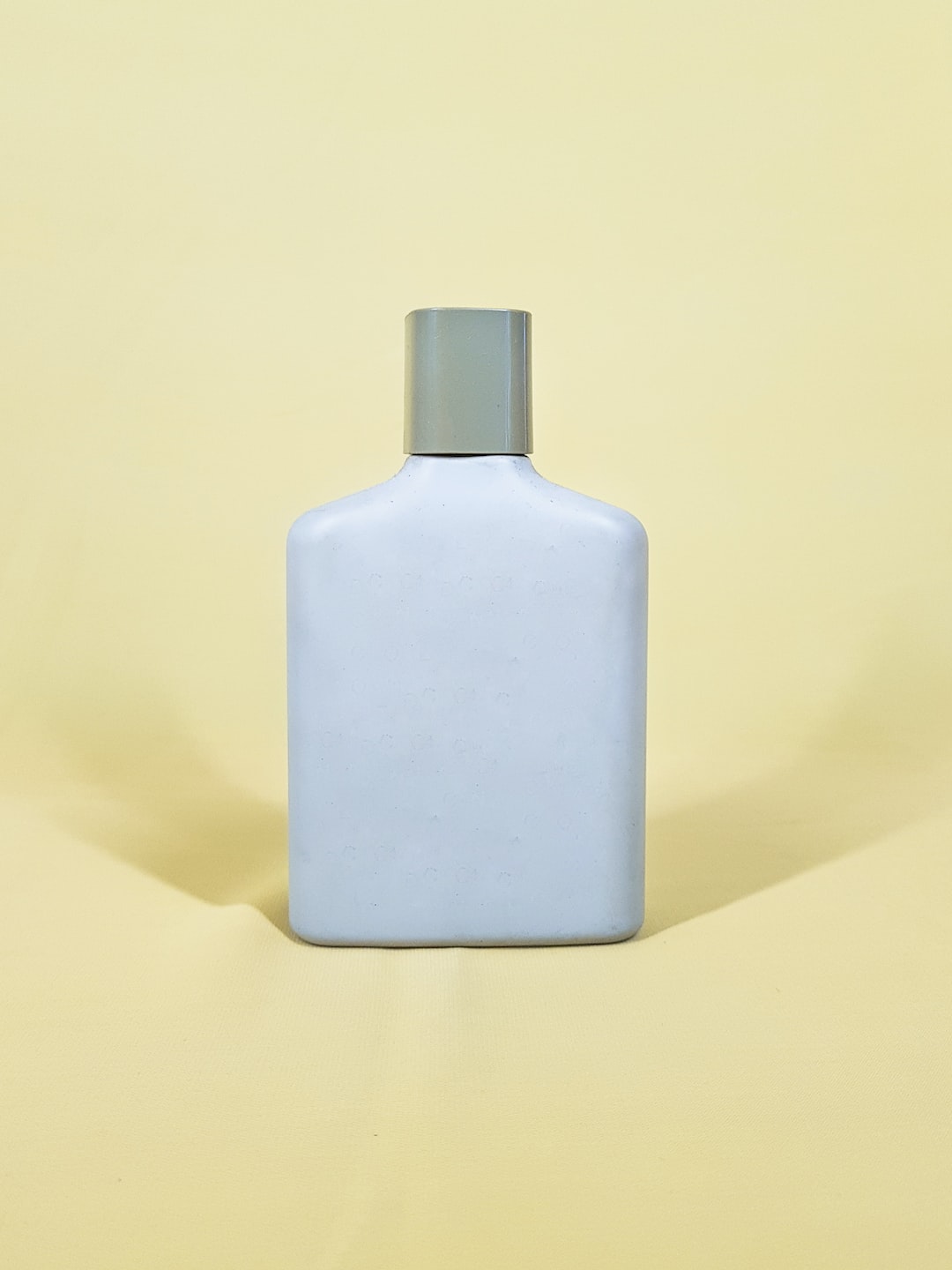Debunking Common Myths About Skincare
Taking care of our skin is an essential part of our daily routine. We invest time, effort, and money in finding the right skincare products and routines that will keep our skin healthy and radiant. However, the skincare world is not without its fair share of myths and misconceptions. In this blog post, we aim to debunk some common myths about skincare to help you make informed decisions about your skincare routine.
Myth #1: “Sunscreen is only necessary during the summer months.”
One of the most prevalent skincare myths is that sunscreen is only needed during the summer months or on sunny days. In reality, the harmful ultraviolet (UV) rays of the sun are present throughout the year, even on cloudy or rainy days. These rays can cause long-term damage to our skin, including premature aging, wrinkles, and even skin cancer. Therefore, applying sunscreen with a high SPF should be a part of your daily skincare routine, regardless of the season.
Myth #2: “Natural skincare products are always better for your skin.”
While it’s true that natural ingredients can provide beneficial effects to the skin, it’s important to note that not all natural products are inherently better. The term “natural” is often used as a marketing gimmick, and many natural products still contain ingredients that may cause irritation or sensitivities in some individuals. On the other hand, synthetic ingredients can be just as effective and safe for the skin when formulated properly. It’s crucial to focus on ingredients rather than the marketing claims, and choose skincare products that are well-suited for your skin type and concerns, regardless of whether they are natural or synthetic.
Myth #3: “Oily skin doesn’t need moisturizer.”
Contrary to popular belief, oily skin still needs moisturizer. People with oily skin often skip moisturizer, fearing that it will make their skin greasier. However, when oily skin is deprived of proper hydration, it can actually trigger increased oil production, leading to a more oily complexion. By using oil-free or lightweight moisturizers, you can keep your skin balanced and hydrated without exacerbating the oiliness.
Myth #4: “Exfoliation should be done daily.”
Exfoliation is an important step in any skincare routine as it helps remove dead skin cells and unclog pores, giving your skin a renewed appearance. However, it is a common misconception that exfoliation should be done daily. Over-exfoliating can actually damage the skin’s barrier and cause irritation and sensitivity. The frequency of exfoliation depends on your skin type and the type of exfoliating product you use. For most people, exfoliating 2-3 times per week is sufficient to achieve the desired results without harming the skin.
Myth #5: “Acne is caused by poor hygiene.”
Acne is a complex skin condition influenced by various factors like hormones, genetics, and lifestyle habits. While maintaining good skincare hygiene is important, acne is not caused by poor cleanliness alone. Scrubbing your face vigorously or using harsh cleansers can actually worsen acne by stripping the skin of its natural oils and disrupting the skin’s balance. It is crucial to adopt a gentle cleansing routine and use skincare products specifically formulated for acne-prone skin to manage breakouts effectively.
Myth #6: “Anti-aging products can reverse wrinkles completely.”
There is no magic potion that can completely erase wrinkles or reverse the aging process. While anti-aging products can certainly improve the appearance of wrinkles and fine lines, they cannot eliminate them entirely. It’s important to have realistic expectations when using anti-aging products and to focus on overall skin health rather than striving for complete eradication of wrinkles.
In conclusion, skincare myths can often mislead us into making wrong choices for our skin. By debunking these common myths, we hope to encourage a more informed approach to skincare. Remember to protect your skin from the sun, choose skincare products based on ingredients and suitability rather than marketing claims, moisturize even if you have oily skin, exfoliate in moderation, understand that acne is not solely caused by poor hygiene, and have realistic expectations from anti-aging products. Embracing these facts will ensure that you are equipped with the right knowledge to make the best choices for your skin’s health and well-being.


